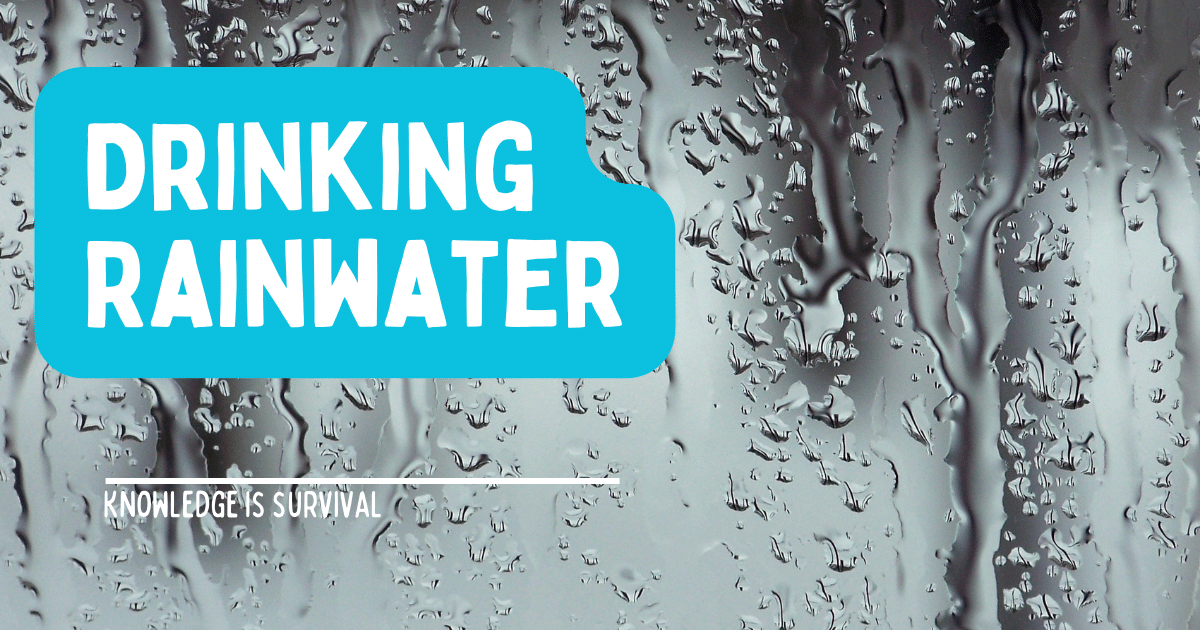Rainwater is a natural resource that has been used for centuries as a source of clean water. It is one of the purest forms of water available and can be used for various purposes, including drinking. In this article, we will explore the benefits of drinking rainwater, how to collect and store it, and whether it is safe to drink.
Benefits of Drinking Rainwater
Drinking rainwater has several benefits over tap or bottled water. Firstly, it is free from harmful chemicals added to municipal water supplies, such as fluoride or chlorine. Secondly, it contains essential minerals such as calcium and magnesium that benefit our health. Thirdly, rainwater has a slightly acidic pH level which helps detoxify our body by flushing out toxins.
Collecting Rainwater
The main way of collecting rainwater is an easy process that requires minimal equipment. The most important thing you need is a collection system, such as a roof catchment system or guttering attached to your house’s roofline. This system collects the rainwater as it falls on your roof and channels it into storage tanks.
However, before collecting rainwater, ensure you have cleaned your roof thoroughly to remove any debris that may contaminate the collected water, like leaves or bird droppings.
Other ways to collect rainwater:
- Rain barrels are large containers placed under downspouts to collect rainwater from the roof. They come in various sizes and materials, such as plastic or metal.
- Roof catchment systems involve installing gutters and pipes on the roof to direct rainwater into a storage tank or cistern.
- Portable water bags: These are collapsible bags made of durable material that can be filled with rainwater and transported to a safe location for drinking.
- Tarpaulins: A tarpaulin can create a makeshift collection system by placing it over an area where rainwater will pool and then directing the runoff into containers.
- Natural catchments: In areas with natural depressions or low-lying areas, collecting rainwater without any additional equipment may be possible by creating small dams or channels to direct water into containers.
- Water wells: If you can access a well, you can use it to collect rainwater by allowing the rainfall to seep through the ground and replenish the groundwater supply.
- Reverse osmosis filtration systems: This is a more advanced method of collecting and purifying rainwater for drinking purposes using specialized filters that remove impurities from collected water.
Storing Rain Water
Once collected from roofs through gutters into storage tanks made of plastic or concrete materials with tightly sealed lids so no insects can enter them, storing the collected rainwater becomes crucial since stagnant waters can harbour bacteria, causing diseases like cholera and others.
It’s recommended to use opaque containers because they prevent sunlight penetration, preventing algae growth within them, contaminating stored water quality and leading to bad taste odour formation, making us unpalatable when consumed later.
Is It Safe To Drink?
The safety concerns regarding drinking rainwater arise mainly due to contamination during collection and storage stages; otherwise -rainwater itself isn’t harmful if stored properly in clean containers away from direct sunlight.
However, boiling the collected rainwater before drinking is recommended, especially if you live in an area with high pollution. Boiling water kills any bacteria and viruses that may be present in the water, making it safe for consumption.
Drinking rainwater in a nuclear fallout is unsafe as it may contain radioactive particles that can cause harm to your health. Having access to clean and safe drinking water during such situations is important, and relying on rainwater alone should be avoided.
Rain water typically contains very low levels of vitamins. While it may contain trace amounts of certain vitamins, such as vitamins C and B, the concentrations are generally too low to have any significant nutritional impact. Obtaining most of your daily vitamin intake through a balanced diet that includes fruits, vegetables, whole grains, lean proteins, and dairy products is important.
Closing remarks
Drinking rainwater has multiple benefits over tap or bottled water. It is a free resource that can be collected easily using simple equipment. However, ensuring proper collection and storage methods is crucial to avoid contamination of the stored water leading to health complications when consumed later. Drinking boiled rainwater is safe, but caution should be taken when collecting and storing it to prevent bacterial growth, which may lead to diseases like cholera.

